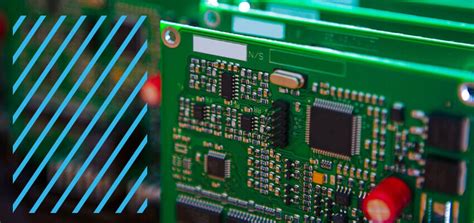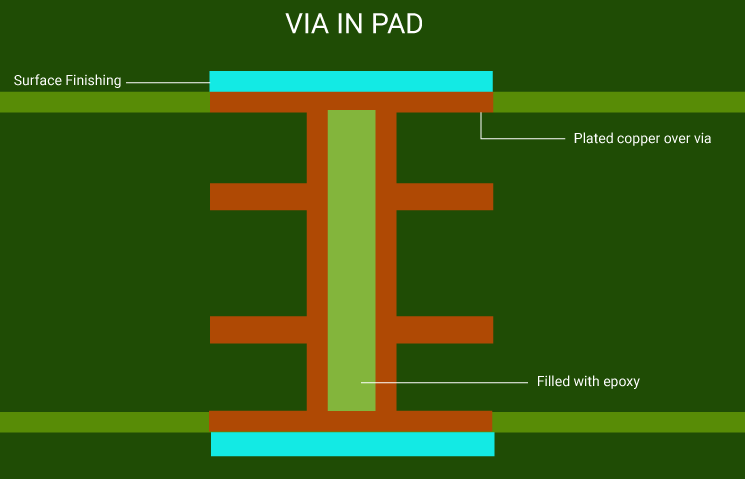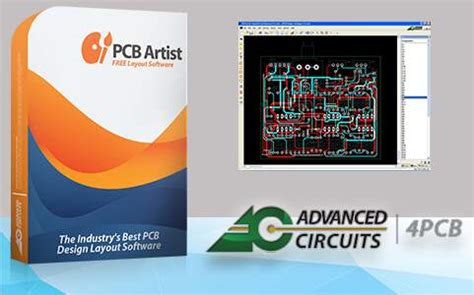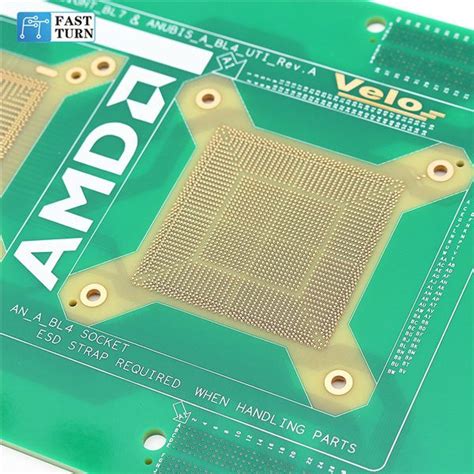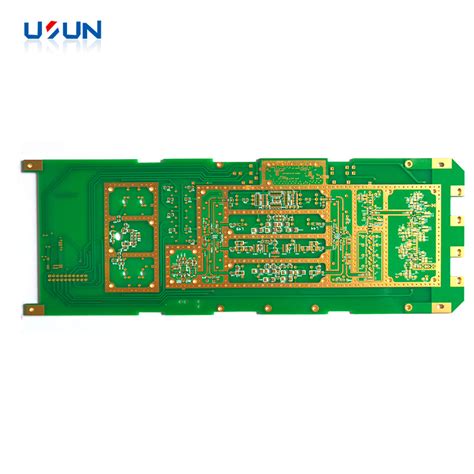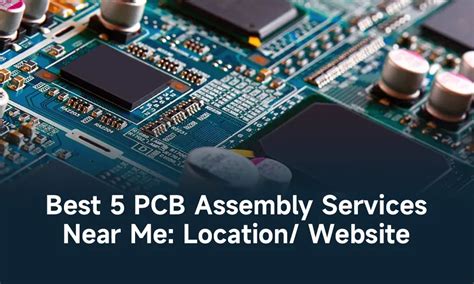Maximizing Efficiency with Turnkey PCB Electronics Solutions
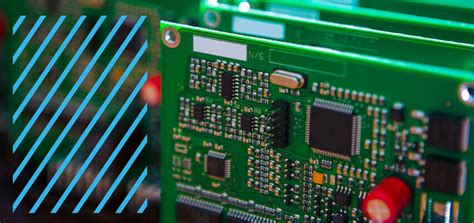
Key Takeaways
Understanding the turnkey PCB electronics approach is essential for modern manufacturing, particularly in the realm of pcb assembly and PCBA. These solutions offer a comprehensive package that not only simplifies the design-to-production process but also ensures high-quality results through expert management of every stage. By leveraging turnkey PCB services, organizations can enjoy significant advantages such as reduced operational costs and minimized supply chain complexities.
The integration of turnkey solutions allows for seamless coordination among various stages of production, optimizing workflows and enhancing overall efficiency. This can drastically reduce time spent on project management since tasks such as sourcing materials and assembly are handled within a single framework. Consequently, teams are freed up to focus on more strategic aspects of their projects.
Furthermore, employing best practices in pcb assembly processes—such as rigorous quality control measures and effective communication channels—can directly impact the success of projects. Accurate implementation leads to fewer errors, reduced rework, and ultimately a smoother path to market readiness. A quick overview of the potential benefits can be seen in the table below:
| Benefit | Description |
|---|---|
| Cost Effectiveness | Reduces overall expenses by consolidating services |
| Quality Assurance | Ensures rigorous testing at every stage |
| Time Efficiency | Speeds up production timelines |
| Enhanced Collaboration | Streamlines communication within teams |
By adopting a mindset geared towards utilizing turnkey PCB electronics, businesses position themselves on a progressive path to innovation while ensuring that their projects remain competitive in an ever-evolving market landscape.
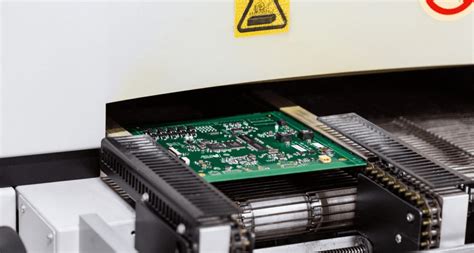
Introduction to Turnkey PCB Electronics Solutions
In today’s fast-paced electronics industry, companies are constantly seeking ways to enhance their productivity and reduce costs. Turnkey PCB electronics solutions have emerged as a viable option, providing a comprehensive approach to pcb assembly and PCBA processes. These solutions encompass everything from initial design and prototyping to manufacturing and assembly, allowing businesses to streamline their operations effectively. By integrating various stages of production under one umbrella, manufacturers can eliminate the need for multiple suppliers and reduce the complexities associated with coordinating different services. This helps ensure consistent quality across all components, resulting in a more reliable final product.
Moreover, the use of turnkey services minimizes potential delays that can occur when working with separate entities for pcb assembly tasks. Companies can benefit from greater transparency within the process as well; they can monitor progress at each stage, leading to timely adjustments when necessary. As stated by industry experts: > "Leveraging turnkey services is not just about convenience; it’s about fostering innovation through efficiency."
Adopting these comprehensive strategies allows organizations to focus on their core competencies while benefiting from advanced capabilities in manufacturing technology and expertise offered by service providers in the realm of PCB electronics. This ultimately fosters an environment conducive to rapid iterations and product launches in an increasingly competitive landscape.
Key Advantages of Turnkey PCB Services
Turnkey PCB services present a multitude of advantages that significantly enhance both project outcomes and production efficiency. One of the foremost benefits is the ability to streamline operations; by providing a comprehensive approach to PCB assembly, these solutions allow teams to consolidate various steps into a single, cohesive service. This reduces complexity and minimizes potential miscommunications that can occur when multiple vendors are involved. Additionally, leveraging turnkey solutions enables manufacturers to benefit from cost efficiencies as bulk purchasing and optimized processes can drive down production costs.
Another key advantage is the enhanced quality assurance that comes with these services. With structured processes in place, every step—from design to assembly (PCBA)—is closely monitored, leading to fewer errors and a higher standard of finished products. This integrated approach not only ensures superior quality control but also shortens lead times, as the need for iterative reviews between different suppliers becomes obsolete. Furthermore, adopting turnkey PCB electronics services allows for greater flexibility in adapting to client needs, fostering faster turnaround on projects while maintaining robust data management practices. In today’s fast-paced market, these elements are crucial for companies looking to stay competitive and responsive to shifts in demand. Overall, the advantages of turnkey solutions in PCB electronics can lead to remarkable improvements in both operational performance and customer satisfaction.
Streamlining Production Processes with Turnkey Solutions
In today’s competitive landscape, turnkey PCB electronics solutions play a pivotal role in streamlining production processes. By integrating every step of the pcb assembly process from design to manufacturing under one cohesive service, organizations can significantly reduce complexity and enhance overall efficiency. This integration not only minimizes the need for multiple suppliers but also ensures a seamless flow of information throughout each stage of the project. One of the most compelling benefits of utilizing turnkey solutions is that they effectively eliminate delays that often arise from miscommunication or coordination issues among various parties involved in the project. Furthermore, with the option to leverage expert knowledge in pcba (printed circuit board assembly), companies can ensure that their products are built to meet high-quality standards while adhering to stringent timelines. Implementing such comprehensive services allows teams to focus on core competencies, driving innovation and creativity without sacrificing quality or speed. As organizations increasingly look for ways to enhance their production capabilities, the adoption of turnkey PCB electronics emerges not just as a trend but as a strategic necessity in maintaining competitive advantage and meeting market demands.
Enhancing Efficiency Through Comprehensive PCB Services
In the ever-evolving landscape of electronics, turnkey PCB electronics solutions have emerged as a vital component in enhancing operational efficiency. These comprehensive services not only simplify the pcb assembly process but also improve the overall PCBA workflow by integrating design, manufacturing, and testing under one roof. By utilizing turnkey solutions, companies can significantly reduce redundancies and streamline their production processes. With a focus on minimizing waste and optimizing resources, these services enable teams to concentrate on core activities instead of getting entangled in multiple vendor relationships. Furthermore, the amalgamation of various stages of production allows for better communication, quicker problem resolution, and superior quality control. As a result, businesses can achieve higher productivity rates while ensuring that their products meet the desired specifications. Implementing such comprehensive services ultimately leads to improved customer satisfaction due to faster delivery timelines and innovative product offerings, making it an indispensable strategy for modern electronic enterprises looking to maintain a competitive edge in the market.

Best Practices for Implementing Turnkey PCB Electronics
Implementing turnkey PCB electronics solutions effectively requires a strategic approach that encompasses several best practices. First and foremost, establishing clear communication with the pcb assembly provider is crucial. Open dialogue ensures that both parties understand project requirements, timelines, and potential obstacles. Additionally, conducting thorough initial assessments of your project’s unique needs can help tailor the pcba process to fit specific objectives. It is also beneficial to invest in comprehensive design reviews to avoid misunderstandings later in the production cycle. Integrating robust project management tools can enhance coordination among teams, thus enabling smoother workflow transitions from design to assembly. Regularly scheduling progress updates with your turnkey provider further promotes accountability and timely adjustments to any unexpected challenges. Lastly, fostering a culture of continuous improvement encourages teams to evaluate and refine processes consistently, ultimately leading to higher quality outcomes in pcb assembly. Exploring these best practices positions organizations to maximize the advantages of turnkey PCB electronics, ensuring streamlined production and a competitive edge in the market.
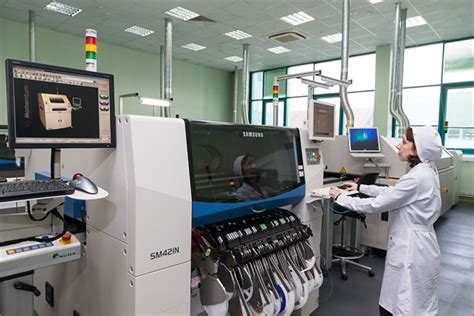
Reducing Time-to-Market with Optimized Production
In today’s competitive marketplace, the demand for rapid product delivery has never been higher. By utilizing turnkey PCB electronics solutions, businesses can significantly reduce their time-to-market. These comprehensive services streamline the entire PCB assembly process, allowing for faster and more efficient production of printed circuit boards (PCBs). When organizations opt for turnkey solutions, they benefit from integrated services that encompass design, prototyping, manufacturing, and assembly—all under one roof. This not only minimizes the need for multiple vendors but also drastically cuts down on communication delays that can arise in complex projects.
Moreover, with optimized production methodologies in place, companies can achieve a higher degree of precision in their PCBA processes, leading to fewer errors and reworks. The ability to immediately address potential production issues enhances workflow efficiency and shortens lead times. By adopting such holistic approaches to turnkey PCB electronics, businesses are equipped to respond swiftly to market needs and competitive pressures, ultimately allowing them to introduce their innovations faster than ever before. In this landscape where speed is paramount, implementing strategies that focus on optimizing production stands as a crucial element for success.
Case Studies: Successful Turnkey PCB Projects
Turnkey PCB electronics solutions have proven their worth in numerous successful projects across various industries. For instance, a recent case study of a consumer electronics company demonstrated how implementing a turnkey PCB assembly approach significantly improved their operational efficiency. By outsourcing the entire process—from design and prototyping to manufacturing and testing—the company was able to reduce production time by 30%. This was achieved through seamless integration of all stages of the pcba lifecycle, allowing for quick iterations and modifications.
Another compelling example comes from the automotive sector, where a manufacturer adopted turnkey solutions for their vehicle control systems. The integration of comprehensive services led to a notable enhancement in the quality and reliability of the pcba, resulting in fewer defects and enhanced performance. As part of this project, leveraging state-of-the-art testing methodologies ensured that any issues were identified early in the production phase, thus avoiding costly recalls.
These case studies highlight that when companies embrace turnkey PCB electronics, they not only streamline their production processes but also position themselves to harness innovation and adaptability within rapidly evolving markets. By observing best practices from successful projects, organizations can better understand how to implement these solutions effectively to maximize both efficiency and market readiness.
Future Trends in Turnkey PCB Electronics Solutions
As the landscape of technology continues to evolve, the future trends in turnkey PCB electronics solutions are becoming increasingly significant. One prominent trend is the growing demand for flexibility in pcb assembly processes. Companies are seeking solutions that allow them to quickly adapt to changing market needs while minimizing costs. Moreover, the shift towards more customized products is prompting manufacturers to adopt advanced pcba techniques that enhance design capabilities and support rapid prototyping.
Another trend is the increasing integration of IoT (Internet of Things) technologies within turnkey solutions. This integration not only enables smarter manufacturing processes but also enhances product functionality and connectivity, making it compelling for businesses to invest in these comprehensive services. Furthermore, sustainability remains a priority, with many organizations looking for environmentally friendly practices in their production methods. This push toward greener solutions often influences material selection and waste management strategies within the pcb assembly process.
Additionally, automation plays a critical role in shaping future capabilities in the industry. As machinery becomes more intelligent and capable of handling complex tasks autonomously, efficiency is significantly improved throughout the production line. The rise of data analytics also allows companies to make more informed decisions regarding production optimization and resource allocation.
In summary, the future of turnkey PCB electronics solutions will likely be driven by demands for flexibility, customization, IoT integration, sustainability, and increased automation, ensuring that companies remain competitive in an ever-evolving marketplace.
Conclusion
In summary, turnkey PCB electronics solutions play a crucial role in modern manufacturing by providing comprehensive services that can significantly streamline processes. As organizations strive to enhance productivity, the adoption of PCB assembly and related services has emerged as a strategic advantage. By relying on these solutions, companies can minimize the complexities associated with printed circuit board assembly, thereby allowing for a smoother transition from design to production. The ability to manage everything from prototyping to final assembly under one roof not only optimizes resource allocation but also ensures that standards of quality are maintained throughout the production cycle. Moreover, leveraging these services reduces time-to-market, enabling businesses to respond swiftly to evolving customer demands. Ultimately, understanding and implementing turnkey PCB services can lead to remarkable efficiency gains, marking a significant step forward in the quest for operational excellence in the electronics industry.
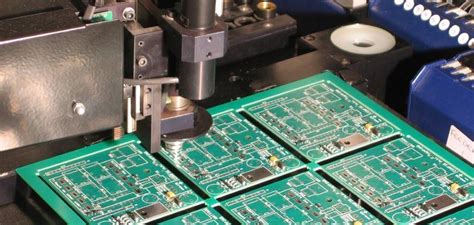
FAQs
What are turnkey PCB electronics solutions?
Turnkey PCB electronics solutions refer to comprehensive services that manage the entire process of PCB design, production, and assembly, providing a one-stop shop for clients seeking efficiency and quality in their electronics projects.
How do turnkey PCB services enhance efficiency?
These services streamline the production process by integrating various stages, from design to assembly, which minimizes delays and reduces the potential for errors. This comprehensive approach allows for quicker adjustments and optimizes the overall workflow, leading to improved results.
What is involved in PCB assembly (PCBA)?
PCB assembly (PCBA) involves mounting electronic components onto a printed circuit board. This process includes several steps such as surface mount technology (SMT), through-hole technology, and thorough testing to ensure the boards meet specified quality standards.
Why should I consider using turnkey solutions for my PCB needs?
Opting for turnkey solutions can significantly reduce time-to-market by consolidating multiple steps into a single service. This approach not only saves time but also often leads to cost savings through more efficient resource utilization and reduced logistical headaches.
What best practices should be followed when implementing turnkey PCB services?
It’s essential to collaborate closely with your chosen provider, clearly communicate project specifications, and ensure rigorous testing standards are in place. Establishing a transparent line of communication throughout the project can also prevent misunderstandings and enhance overall outcomes.

